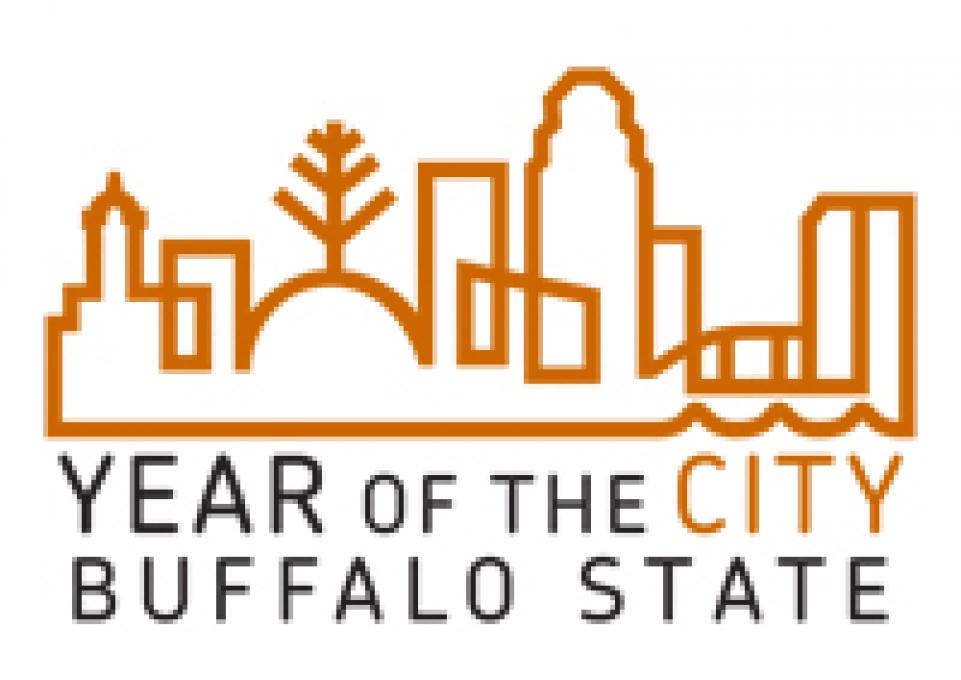
By taking advantage of Buffalo State’s location, Misty Rodeheaver, assistant professor of history and social studies education, is giving her students first-hand experiences about the evolution of the American identity and the refugee experience in Western New York.
"Tying this course into Buffalo State’s Year of the City is something I’m really concerned with," Rodeheaver said. "These students are in Buffalo for school so they should really explore what the city has to offer."
"I never really thought about what my identity was or what it meant to be an American," said Brittany Vesper, a student in Rodeheaver's course. “Seeing the diversity at Buffalo State while learning about different cultural identities made me more aware of people's differences."
Besides learning about American culture and identity, the students will learn what the refugee experience is like.
"I didn't realize how many refugees come to Buffalo," Vesper said. "I sympathize with them more because of this class, and it’s great that Buffalo is bringing them in."
In the first service-learning project of the course, students will create a history kit that middle-school teachers can borrow from the Buffalo and Erie County Historical Society to teach about refugees and the refugee experience. Rodeheaver said this helps the community and the Historical Society because many refugees settle in Buffalo.
In order to put the kits together, Rodeheaver split the class into groups. One group will research the difference between refugees and immigrants, the process of obtaining refugee status, the resettlement process, and what life is like as a refugee living in Buffalo.
A second group will gather and recreate tangible refugee artifacts, such as clothing and paperwork, which will help tell the refugee story. A third group will complete lesson plans to be included in the kit, along with supplemental materials such as films, handouts, and PowerPoint presentations.
"It's not just reading out of a book," Vesper said about the history kit. "The students using the history kit will learn more about refugees because it includes authentic lessons with the right research."
Students will also create a website to share observations and research on the cultural importance of food.
"Food has a different purpose for each of us," Rodeheaver said. "Certain foods have different sentimentalities, or you’re tied to them for different reasons."
The students can choose one of three projects to post onto the website. The first choice is to film a how-to video showing how to make a certain recipe. The second choice is to go to a new restaurant or order a dish they wouldn’t normally order and blog about their thoughts and experiences. The third choice is to research a food or an ingredient and explain its meaning and importance.
"Buffalo is very typical of lots of different areas around the world," Rodeheaver said. "Creating this website gives my students an opportunity to see what Buffalo has to offer as for cultural and ethnic cuisines."
Rodeheaver said that the projects will be completed by December. "They all combine nicely and show the beauty of Buffalo State and the Buffalo community."
